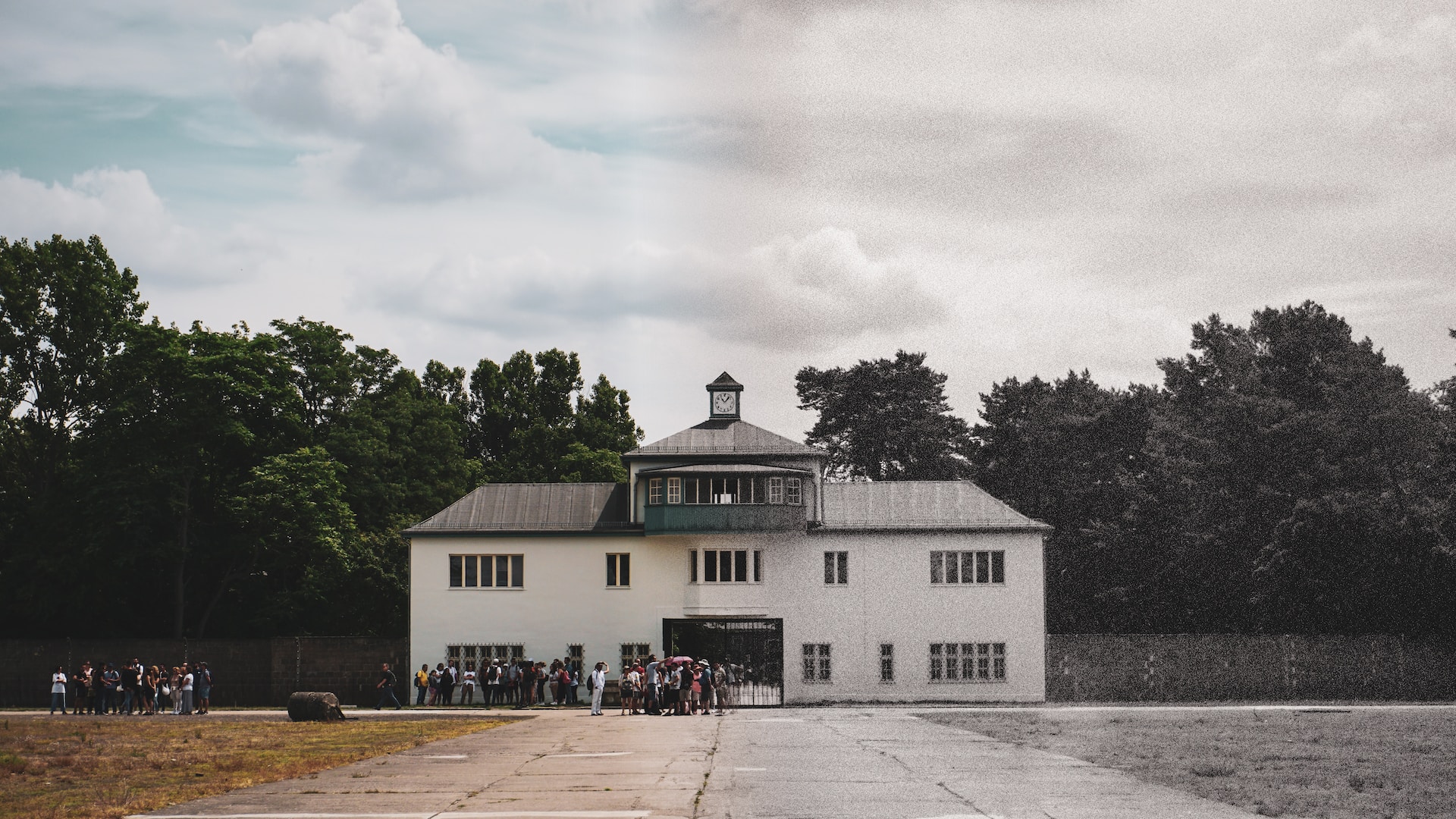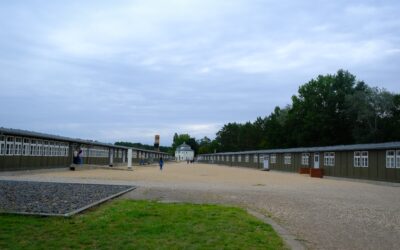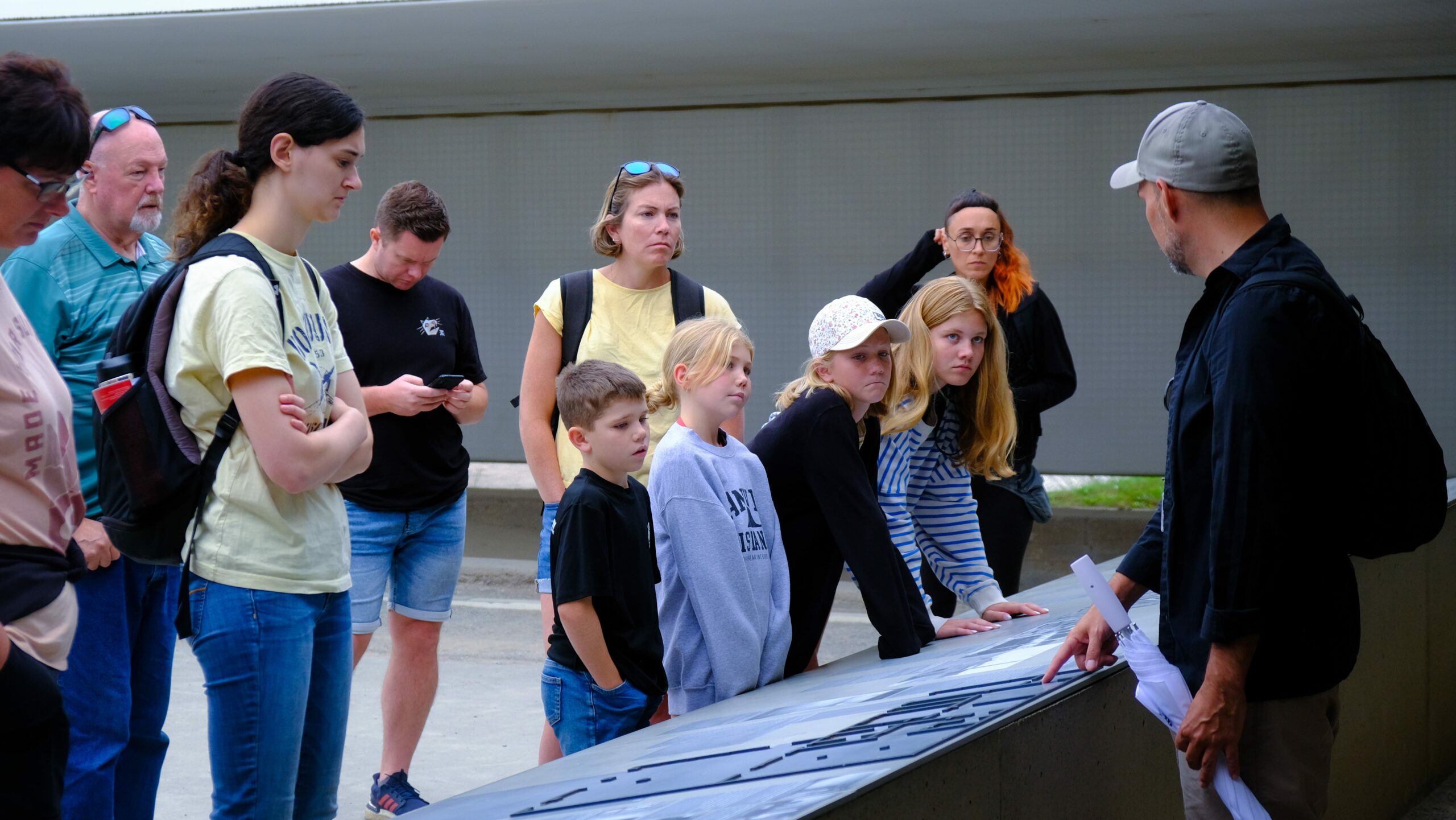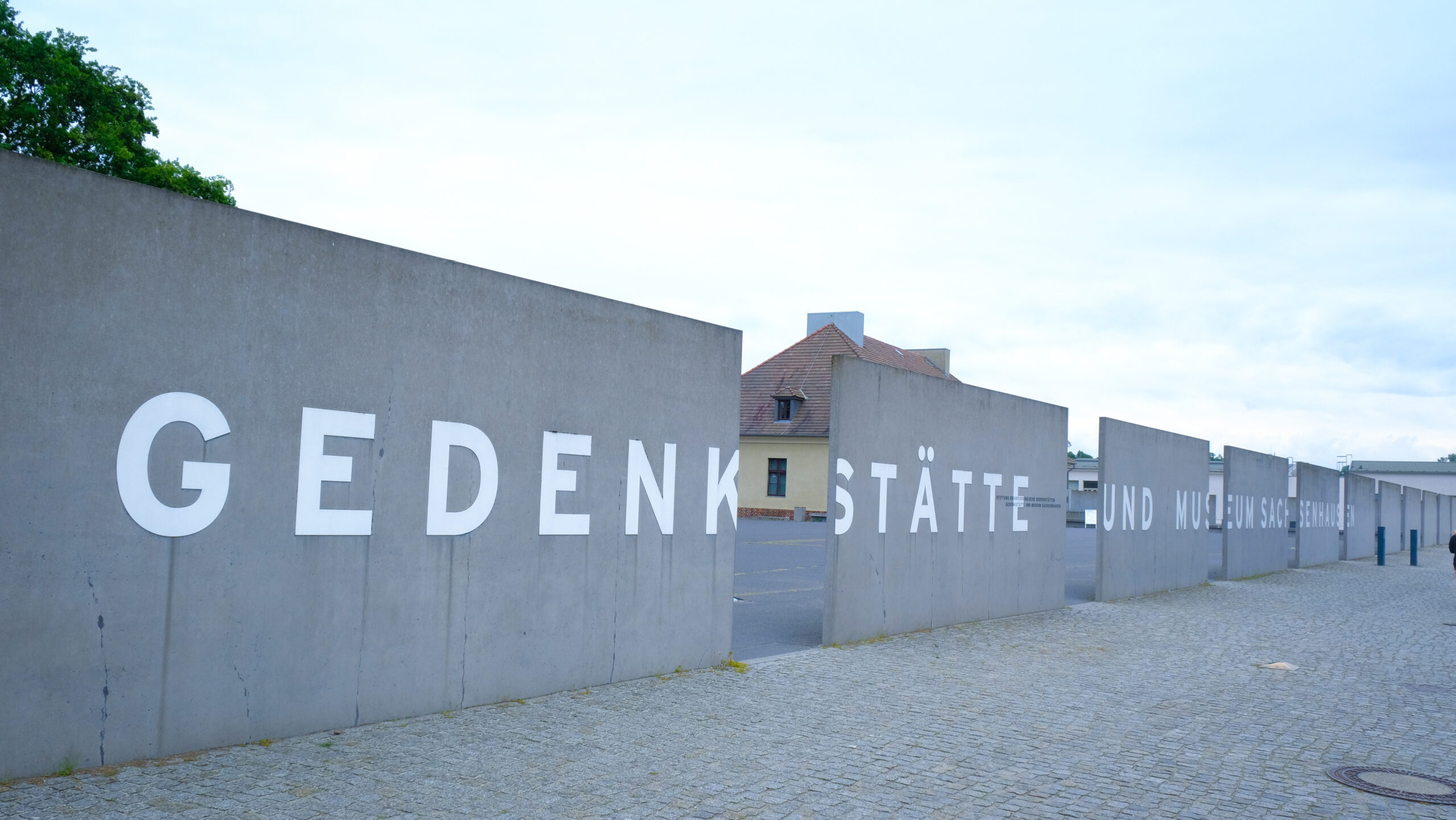Discover the harrowing history of the Sachsenhausen Concentration Camp in Germany, near Berlin. This blog post aims to provide you with a comprehensive understanding of this dark chapter in history. Let’s delve into the subject matter to find out more.
1. Introduction to the Sachsenhausen Concentration Camp
Sachsenhausen Concentration Camp was one of the worst Nazi concentration camp established during the second world war. Just outside Berlin it was a model camp for other camps and a key part of the Nazi’s holocaust of millions of people.
Sachsenhausen was built in 1936 to accommodate political prisoners, ostensibly members of the SA and other right-wing political groups, communists, trade unionists, intelligentsia etc. Yet, even now, it has gone through the process of evolving to engage with the population of Jews, and the representatives of the queer community, the Gypsies and other members of the population that were discriminated against before.
2. Life and Conditions in Sachsenhausen.
At Sachsenhausen the conditions were very severe and the prisoners suffered in ways unmentionable in sane societies. Inhuman treatment such as experimental conduct, slavery, starvation, and tortures where practices. Some of the prisoners died because of hunger, diseases and some were executed.
There were different parts consecrated to various activities inside the camp. Such were the barracks , prisoners of which were squeezed into the space in which they could barely move or turn over, and the roll-call square where prisoners were humiliated and punished at frequent roll calls.
At the entrance door there is a slogan that has become very well known; ‘Arbeit Macht Frei,’ which means, work shall set you free; this statement was meant to deceive the prisoners and at the same time it was a psychological weapon used on prisoners.
2.1. Freedom & Rememberance
The concentration camp Sachsenhausen was liberated by Soviet in April 1945. The camp was used by the Soviet authorities as the prison until 1950, then also it became the place of the memorial to people, who suffered from the inhumane actions and it teaches visitors about the history of the camp.
Today there stands the museum and the memorial telling the story of the suffering and death of millions of people during the holocaust. Now it is possible to walk through the territory of the camp personal and see the preserved constructions, as well as to familiarize with the personal stories of the people who were suffering and dying in Sachsenhausen.
3. Sachsenhausen Or How One Learns Not to Do
The death camp of Sachsenhausen Oranienburg is always a bitter site that reminds the beautiful zones humanity can descend to a minimum when guided by high fanaticism and hatred. History can educate, and thus a more connected world must come to terms with this so that it doesn’t signal a repetition of occurrences that are similar with the holocaust ever again.
In this way, we are acknowledging all those victims and telling their stories in an effort to ensure that someday, such a tragedy cannot happen anywhere because people understand and stand up for differences.
3.1 Never Forget – Holocaust Remembrance
Amid these celebrations, we should not forget the Holocaust of Jews and all the other genocides that are part of our sorrowful history. We should be involved in Holocaust commemorational events and programs; the promotion of awareness, sympathy, interest and study on Sachsenhausen and other camps can still be made for the years to come.
Therefore, it is obligatory for people to respect human rights and dignity after learning about the inhuman conditions in which prisoners of Sachsenhausen Concentration Camp were concentrated. To be able to visit such concentrations as Sachsenhausen, tourists can face the historical past, pay tribute to the victims, and guarantee that people will not forget the extremely dismal lessons of the mentioned period.




